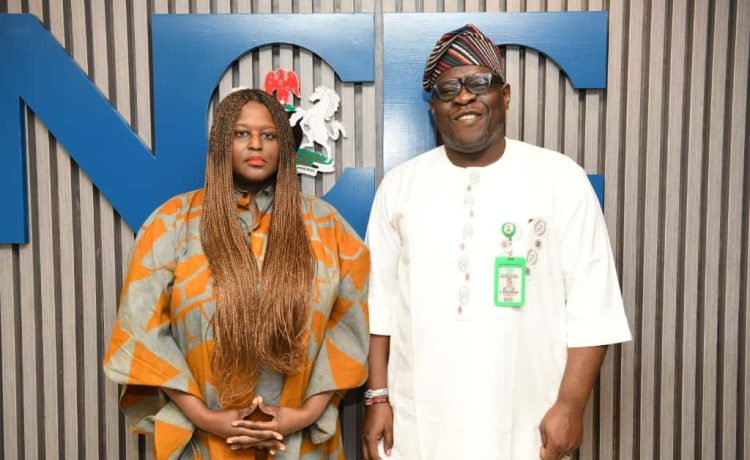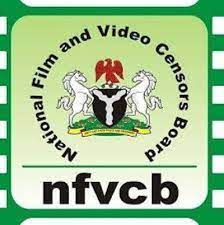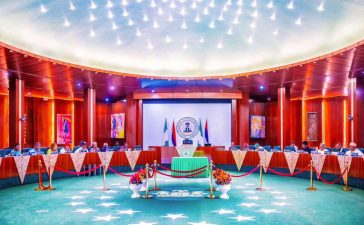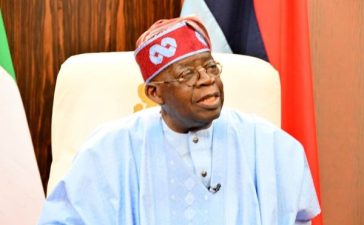The National Film and Video Censors Board (NFVCB) has initiated talks with the Nigerian Communications Commission (NCC) to combat the growing menace of digital piracy and unlicensed streaming operations in Nigeria.
During a courtesy visit to the NCC headquarters in Abuja, NFVCB Executive Director/CEO, Dr. Shaibu Husseini, commended the Commission for its achievements in regulating the communications sector and emphasized the need for closer collaboration between both agencies.
Dr. Husseini noted that while the NFVCB regulates films and video works through censorship, classification, and licensing, the rapid growth of digital platforms has introduced new threats to Nigeria’s creative economy.
“One of the most disturbing trends today is the piracy of Nigerian films on encrypted platforms such as Telegram. This criminal activity robs our stakeholders of their earnings, discourages quality content creation, and undermines national security,” he said.
He further expressed concern that some telecommunication operators now run streaming services without securing the required exhibition and distribution licenses from the NFVCB — a situation he described as a risk to cultural integrity and national security.
Dr. Husseini urged the NCC to collaborate with the Nigerian Copyright Commission and NFVCB in tackling piracy on encrypted platforms. He also proposed the creation of a joint technical committee to harmonize regulatory oversight and ensure that telecom operators obtain NFVCB licenses before streaming films.
Responding, the NCC’s Executive Commissioner for Stakeholder Management, Barr. Rimini Makama — who represented the Executive Vice Chairman — welcomed the NFVCB delegation and pledged NCC’s readiness to partner on the initiative.
Makama revealed that both agencies would soon sign a Memorandum of Understanding (MoU) to fast-track interventions when infractions occur. She also noted that the NCC’s Child Online Protection framework would be leveraged to address illegal streaming and online piracy, describing piracy on Telegram as “a form of cybercrime.”
Dr. Husseini reaffirmed that Nigeria’s film industry remains both a cultural asset and an economic driver. “Protecting it is in our collective national interest,” he said, stressing that the NFVCB–NCC partnership would strengthen Nigeria’s digital ecosystem and promote a fair marketplace for creative talents.







